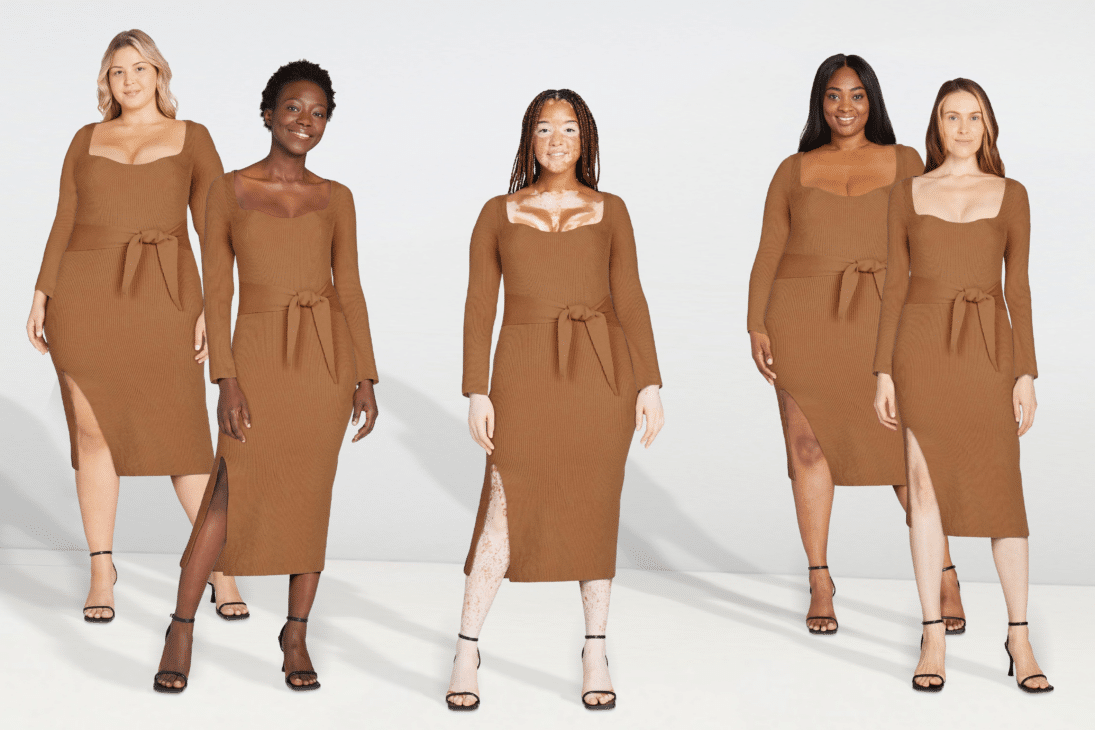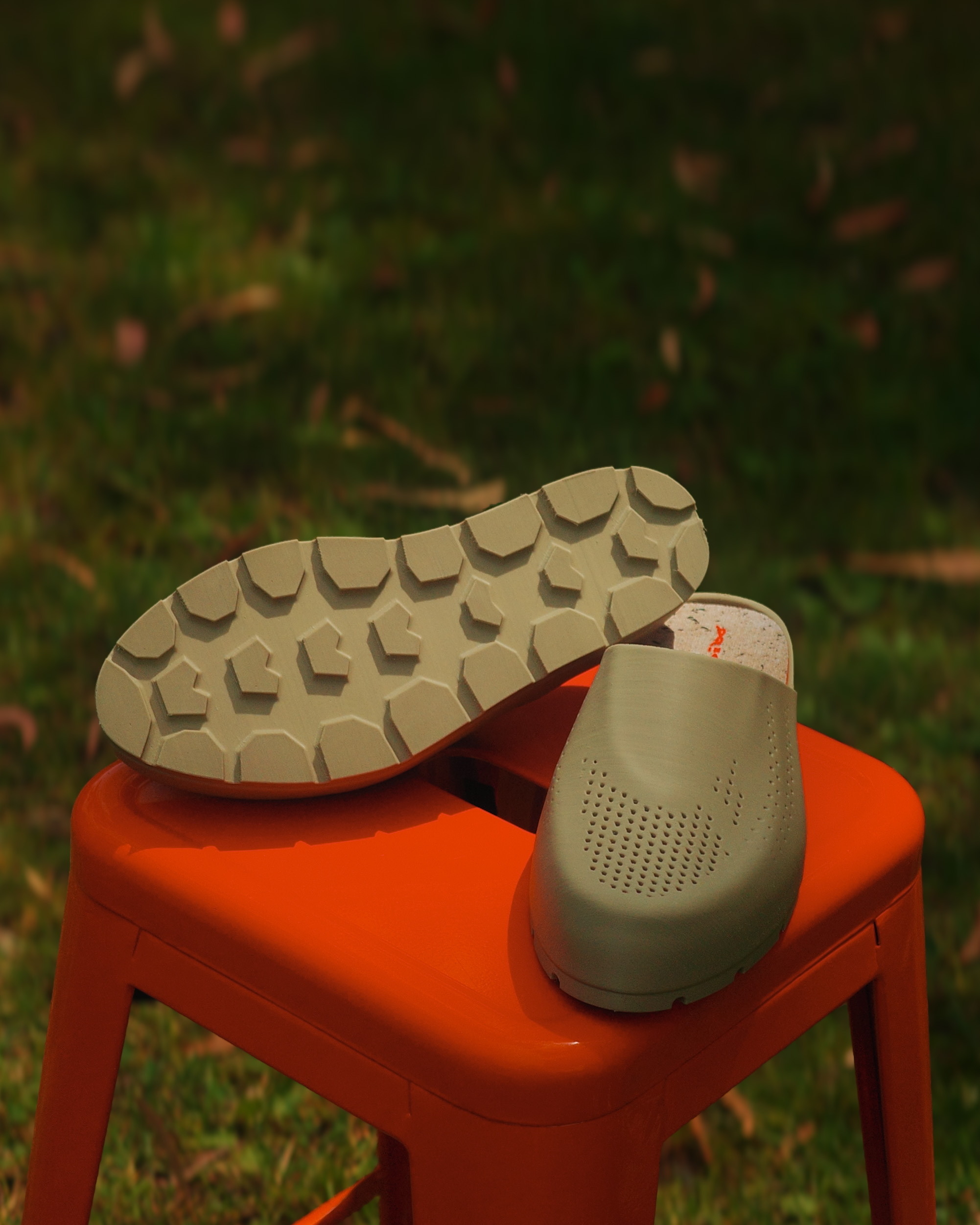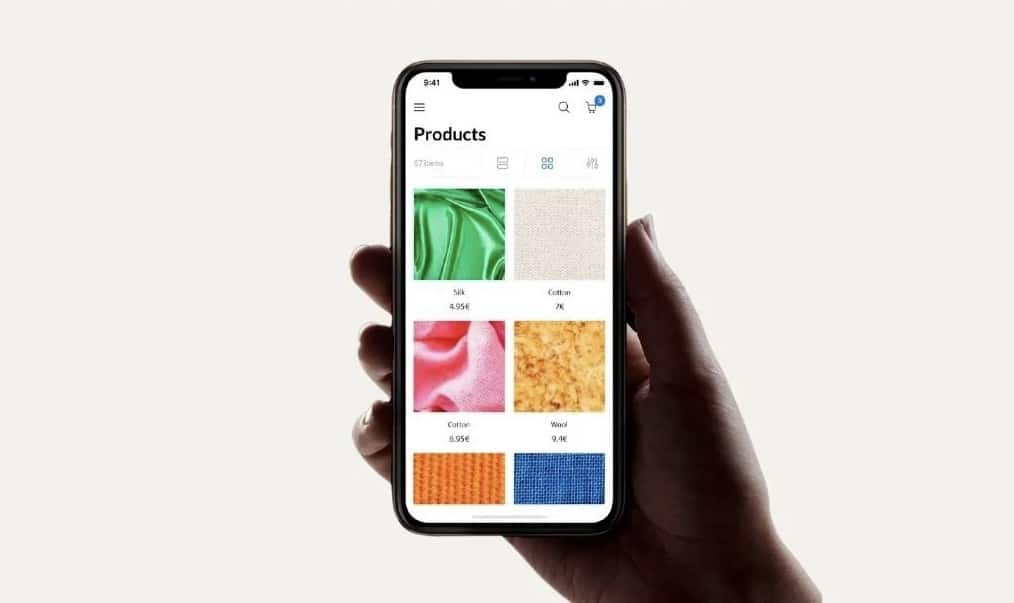Walmart expands AR fitting with Zeekit, Presq 3D-prints open-source shoes, Recovo turns deadstock into circular gold
Walmart’s Zeekit brings virtual try-ons mainstream; Presq teams up with Bambu Lab to release an open-source, fully wearable 3D-printed shoe anyone can make and customize; and Barcelona startup Recovo builds a B2B marketplace turning surplus textiles into traceable, circular materials.
Zeekit Powers AR Fitting for Walmart and Expands With 50 Models
Zeekit, the virtual fitting room platform acquired by Walmart in 2021, is reshaping how consumers shop for fashion online. Using augmented reality and real-time image processing, the Tel Aviv- and New York-based startup lets shoppers upload photos or choose from 50 diverse models to see how garments look on different body types before purchase. Integrated directly into Walmart’s website and app, and extending to partners like Levi’s, Adidas, and Rebecca Minkoff, Zeekit’s “Choose My Model” feature is becoming the backbone of AI-powered retail try-on.
Why it matters: As e-commerce fashion returns continue to cost retailers billions annually, Zeekit’s technology offers a scalable path to personalization and confidence in fit. For Walmart, it’s a play to compete with Amazon in digital apparel. More broadly, it signals how AR try-on is moving from gimmick to infrastructure.

Presq and Bambu Lab Debut Open-Source 3D-Printed Footwear
Presq, the design-tech studio focused on creator-led manufacturing, has partnered with desktop 3D printing company Bambu Lab to launch an open-source, wearable footwear design. The collaboration merges Presq’s creative system and print workflows with Bambu’s high-speed printers, enabling makers to design, print, and customize shoes locally. Files and print profiles are freely available on MakerWorld for experimentation and adaptation.
Why it matters: This project signals a shift towards decentralized, community-driven production. Instead of global supply chains and seasonal cycles, designers and communities can produce locally, on demand, and with minimal waste. It’s a small but meaningful step toward an industry where creativity and production can coexist.

Recovo Turns Deadstock into a Circular Fabric Marketplace
Barcelona-based startup Recovo is helping fashion brands turn surplus fabric into circular gold. Its B2B resale platform lets designers and manufacturers buy and sell leftover textiles, complete with traceability data showing water, carbon, and resource savings for each transaction. The marketplace uses AI to match buyers with the right materials while keeping minimum orders low enough for small labels to join in. Since launching in 2021, Recovo has raised more than €1.7 million, expanded to 16 countries, and recovered over 1.7 million meters of fabric from waste.

Why it matters: Textile waste remains a problem but is one of its biggest untapped assets. Recovo’s model turns waste into working capital, making circular sourcing accessible to brands of all sizes. As EU regulations tighten around sustainability, platforms like Recovo could become essential infrastructure, standardizing traceability, compliance, and circular commerce across the fashion supply chain.




